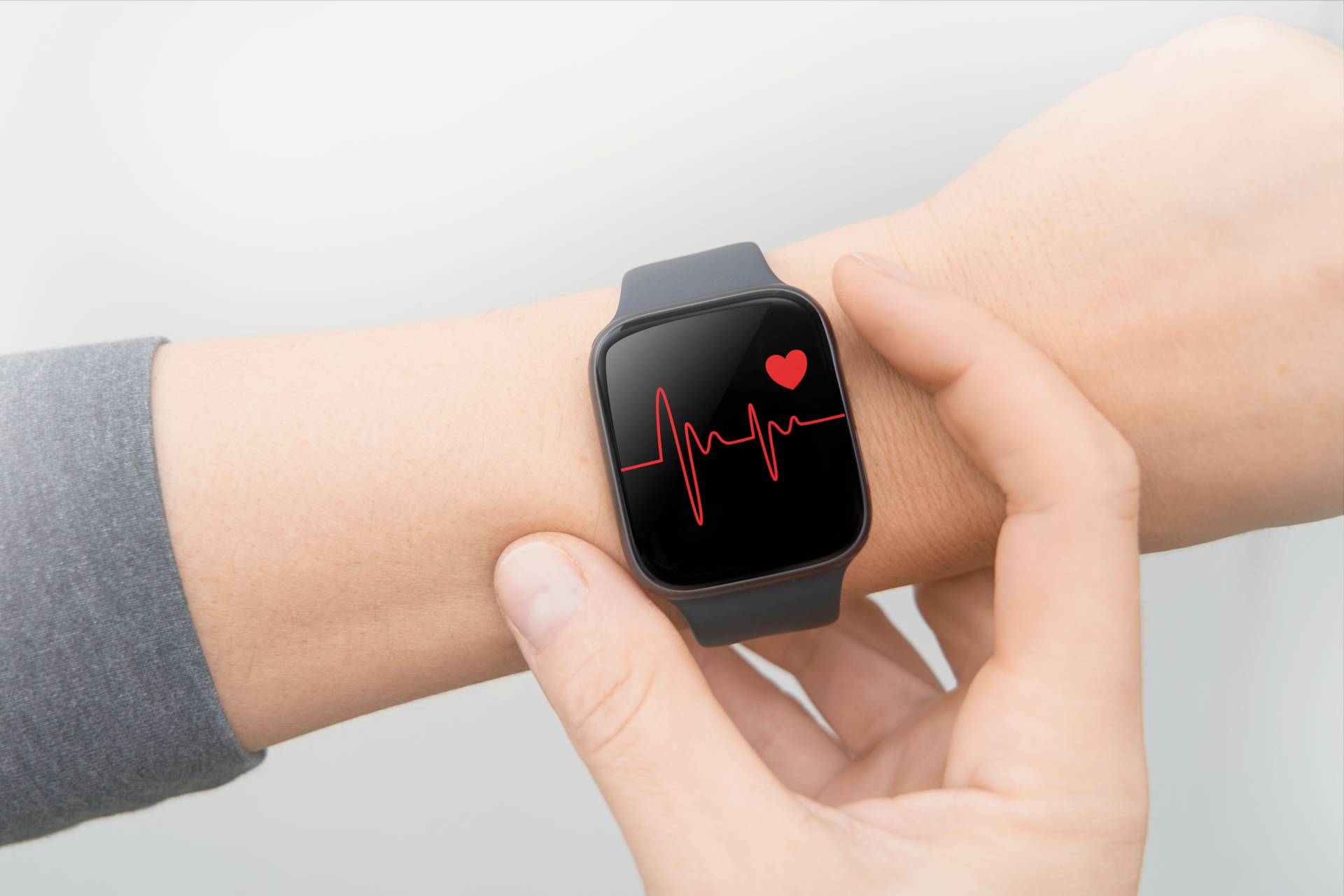Tips to Keep Your Heart Rate Under Check

Tips to Keep Your Heart Rate Under Check
The number of times the heart beats per minute is known as your heart rate. This is sometimes also referred to as pulse rate. A normal heart rate is calculated when a person is at rest and is found to be between 60 to 100 BPM (beats per minute). A normal heart rate is a sign of a healthy heart and thus a healthy body. With advancing age, it becomes very necessary to regularly check your heart rate to monitor your overall health. However, your heart may also vary based on what you were doing right before you measured your heart rate. Keep in mind that heart rate is influenced by a variety of factors, including:
- Fitness and activity levels
- Advancement of age
- Cigarette smoking
- History of heart disease
- Excessive cholesterol
- Diabetes
- The temperature of the air
- Position of the body (either you are standing or lying down)
- Emotions
- Medications
- Size of the body
Normal Heart Rate: How to Measure?
You can check your heart rate either manually or through a heart rate monitor. You may manually check your pulse to determine your heart rate. You can either place your index and third fingers on the side of your windpipe on your neck or place two fingers between the bone and the tendon directly beneath the thumb side of your arm, to check your pulse. Another easy way is to buy a heart rate monitor from any pharmaceutical shop which will automatically tell you your heart rate.
The ideal time to take your heart is first thing in the morning before you get out of bed and drink your coffee or tea.
High Heart Rate Vs Low Heart Rate
Due to various factors, your heart rate may vary from high to low. A heart rate lower than 60 beats per minute are known as a low heart rate. This is known medically as bradycardia. Similarly, when the heart rate is above the normal heart rate of 100 beats per minute, it is known as a high heart rate or tachycardia.
Low heart rate (bradycardia) - Bradycardia is not a health danger for certain people, such as sports. However, if you have a low heart rate and are suffering symptoms such as fainting, exhaustion, or dizziness, you should see your doctor. Checking your pulse might help you determine whether you have a low heart rate.
High Heart rate (Tachycardia) - Some people with tachycardia don't have any symptoms and never have any problems. However, it can increase the chances of stroke, heart failure, sudden cardiac arrest, or death. Tachycardia manifests itself in different ways depending on which part of the heart is afflicted.
Changes from Normal Heart Rate: Causes
Following are some of the most common reasons for a change in heart rate:
- Weather changes: Humidity or a high temperature causes the body's heart rate to increase to cool off.
- Exercise: Physical exertion causes an increase in heart rate because the heart must swiftly transport oxygen to all of the muscle cells.
- Emotional stress: Feeling overwhelmed or unhappy can lead to stress, which causes the heart rate to rise.
- Hormonal changes. - Hormonal changes or variations can cause the heart rate to fluctuate, resulting in a high pulse rate.
- Medication: Some medications might cause a temporary increase in heart rate.
- Fear: One of the most intense kinds of stress, fear causes a rise in heart rate.
Tips to Keep Your Heart Rate Under Check
There are several things you can do to keep your heart rate under control. Some of the measures are:
- Exercise and other physical activity: Regular exercise and physical activity help in keeping your heart strong and improve efficiency. A stroll, a bike ride, or a yoga session can all be beneficial.
- Stop smoking: Smoking narrows your blood and vessels and thus leads to a high heart rate.
- Reduction in Stress: Stress can cause adrenaline and cortisol to rush through your bloodstream, leading to a high heart rate. Relaxing your body helps in lowering this heart rate
- Restrict caffeine and alcohol intake: Excessive consumption may affect the normal heart rate. When drinking should be done in moderation
- Maintain salt level: Your salt intake may affect your blood pressure which in turn might affect your heart rate. Always try and reduce your salt intake.
- Eat fish: You can lower your heart rate by consuming more fish.
- Consume whole grains: It reduces cholesterol, blood sugar levels, and blood pressure levels, resulting in a healthier heart and thus a normal heart rate.
- Include green and leafy vegetables in your diet: It is a rich source of vitamin K1 and is beneficial for cardiovascular health. Adding leafy vegetables and fruits such as citrus fruits, green apples, beans, peppers, etc may help in reducing heart rate.
- Consume food rich in Omega-3 fatty acids: This help in reducing high heart rate. Some of the food rich in these are chia seeds, flaxseeds, tofu, almonds, olives, olive oil, and avocado.
Reference
- American Heart Association: “Blood Pressure vs. Heart Rate (Pulse),” “Know Your Target Heart Rates for Exercise, Losing Weight and Health,” “All About Heart Rate (Pulse).”
- Harvard Health Publishing: “Want to check your heart rate? Here’s how,” “Increase in resting heart rate is a signal worth watching.”
- Rauch H, Pohlin F, Einwaller J, Habe M, Gasch K, Haw A, Arnold W, Stalder G, Painer J. Effect of season and diet on heart rate and blood pressure in female red deer (Cervus elaphus) anaesthetised with medetomidine-tiletamine-zolazepam.
- Journal of the American College of Cardiology: “Cardiac function in smokers and nonsmokers: The CARDIA study. The Coronary Artery Risk Development in Young Adults study.”
- Hackensack Meridian Health: “6 Proven Ways to Lower Your Resting Heart Rate.”
- https://www.heart.org/en/health-topics/high-blood-pressure/the-facts-about-high-blood-pressure/all-about-heart-rate-pulse


